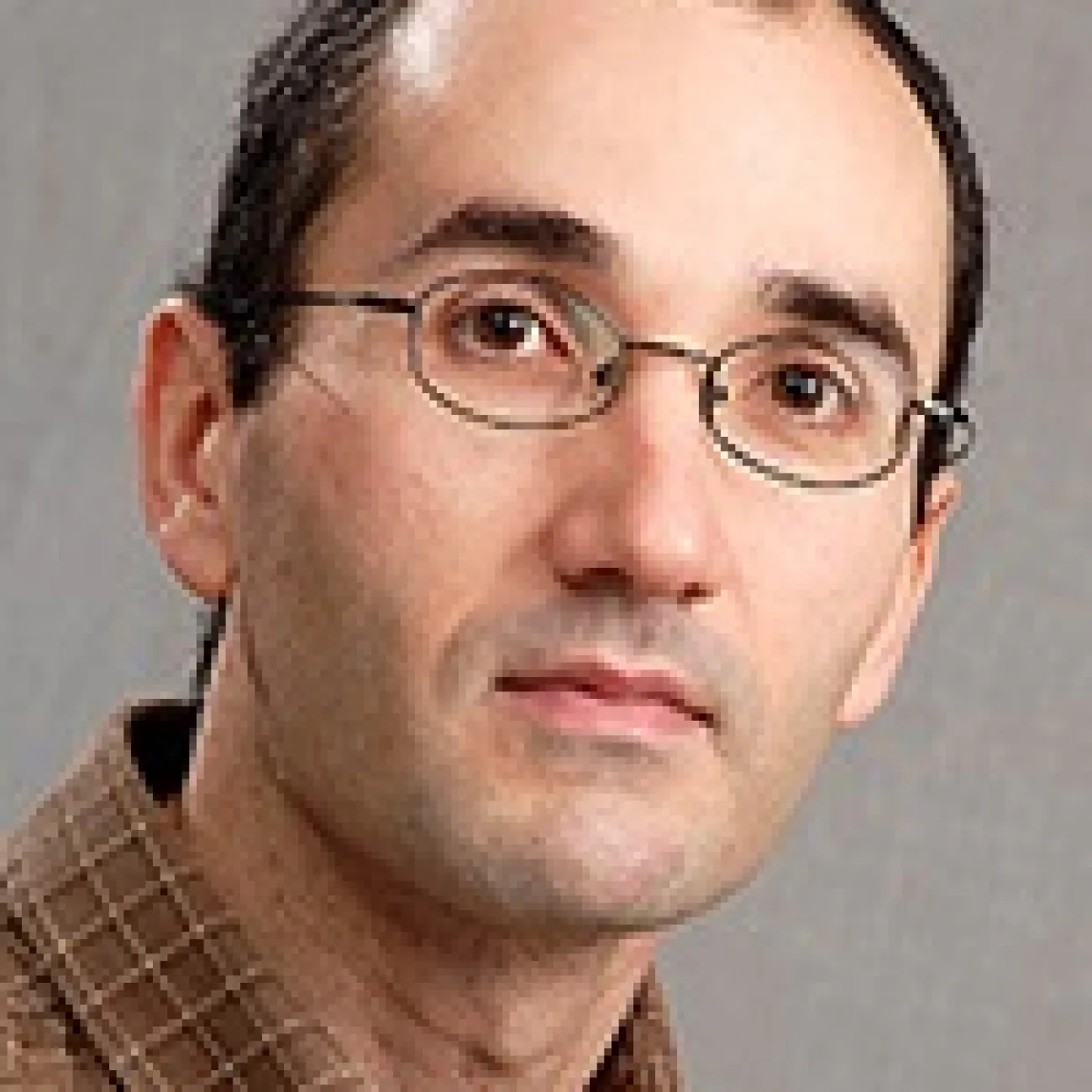Research
Research groups
Research interests
- Neurovascular biology
- Blood-brain barrier
- Haemoglobin neurotoxicity
- Immune-brain signaling
- Neuroimmunology
Current research
Southampton Clinical and Experimental Neurology Team
SCENT is interested in the molecular basis, cell biology and clinical implications of the interaction between blood and brain in two main areas:
Neurovascular biology
Interaction between blood and brain at the neurovascular interface is highly regulated in health, to protect the delicate brain. However this is dysregulated in neurological conditions such as multiple sclerosis and Alzheimer's disease, contributing to progression. For instance systemic inflammation may trigger more marked changes in blood-brain barrier function in these conditions, leading to alterations deeper within brain tissue.
Haemoglobin neurotoxicity
After brain haemorrhage, neurovascular reactivity is altered and extracellular haemoglobin is released, leading to pathology in brain areas distant from the bleed. This is most especially seen after subarachnoid haemorrhage since blood-clot derived factors can diffuse easily across the cerebrospinal fluid compartment, and major blood vessels travel through the same space. Related research topics of interest to our group are superficial siderosis and the role of haemolysis in neurological conditions such as multiple sclerosis and Alzheimer's disease.
The main aim is to improve the quality of life of people with central nervous system conditions by developing novel monitoring tools, outcome prediction algorithms and new treatments. Work is performed closely with patients in clinical studies to confirm the identity of key pathways that have treatment potential.
"During neurological disease, brain tissue including vessels and blood within are destroyed, leading to inflammation, release of haemoglobin and blood-brain barrier compromise. This gets worse when there is infection and inflammation outside the brain. We study these pathological processes across a range of neurological diseases, such as multiple sclerosis and brain haemorrhage."
The blood brain-barrier represents the interface between the brain and the circulation. In the normal healthy brain, systemic inflammation signals across the blood-brain barrier leading to changes in the brain itself. This effect is more marked in the presence of inflammatory and neurodegenerative brain diseases, the commonest of which are multiple sclerosis and Alzheimer's disease respectively. The team studies the interplay between brain, blood and inflammation in health and disease, in order to be able to predict, prevent and treat brain inflammation.
During brain haemorrhage there is a catastrophic breach in the blood-brain barrier. Blood is released into the brain, forming a clot. Unlike the rest of the body, the brain has a limited ability to deal with extravasated blood. As the blood clot degenerates, it leads to a local buildup of toxic substances. The team studies the effect of blood on brain cells and how this can be treated.
Further information can be found at the following links:
Southampton Clinical and Experimental Neurology Team (SCENT)
International consortium (HATCH consortium)
